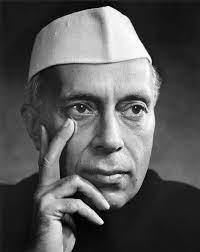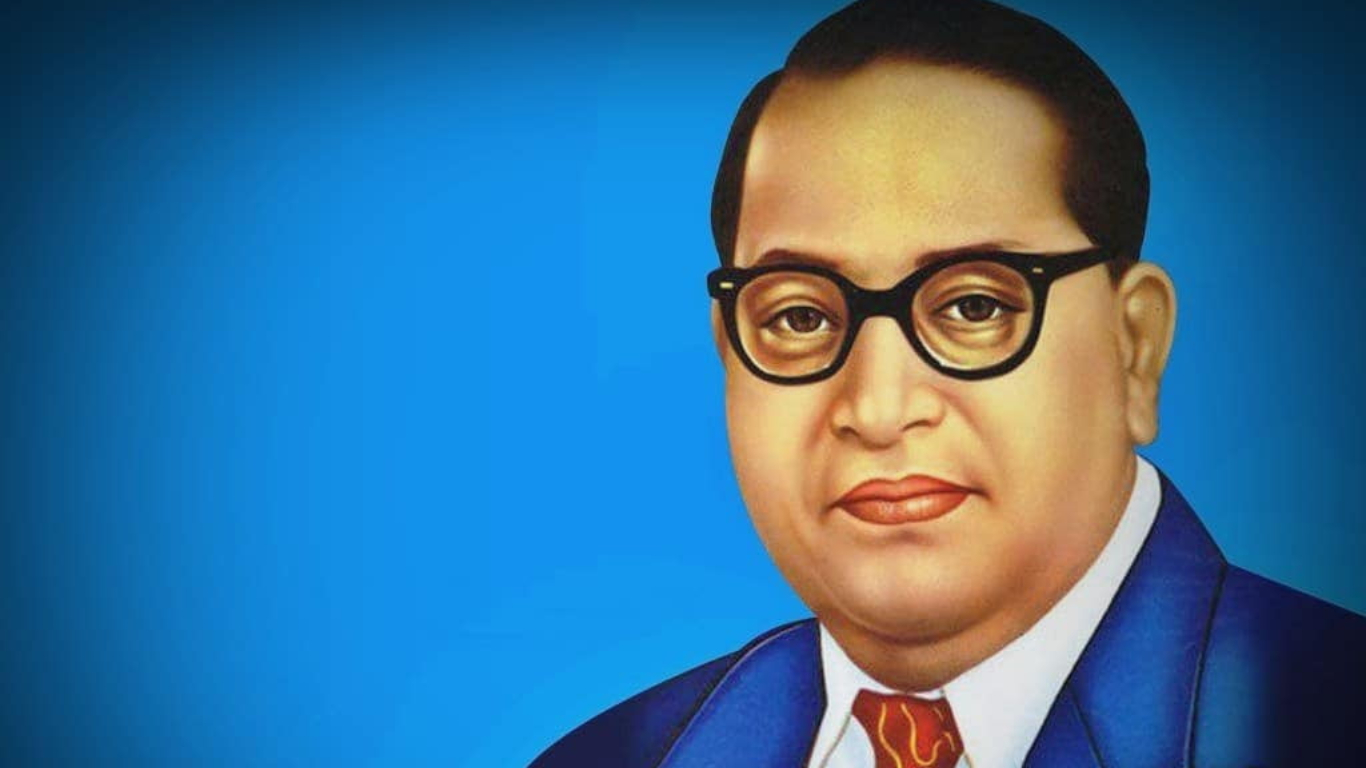Children’s Day is celebrated on November 14 every year. The day marks the birth anniversary of Pandit Jawaharlal Nehru, India’s first prime minister. He was given the moniker Chacha Nehru because of his fondness for children. His birthday has been designated as Children’s Day since his death in 1964.
Children are like buds in a garden and should be carefully and lovingly nurtured, as they are the future of the nation and the citizens of tomorrow.
Pandit Jawaharlal Nehru
What is the significance of Pandit Jawaharlal Nehru’s birthday being designated as Children’s Day?
Nehru Ji had a strong affection for children. He believed that they are the nation’s future creators. If we want to safeguard our future, we must all work together to shape the destiny of these youngsters. Our country began to commemorate his birthday as Children’s Day in honour of this. The main goal of this celebration was to raise awareness among all Indians about the importance of providing children with the opportunity to receive an education. It is their right to follow a suitable path. Therefore, a well-organized and prosperous nation can be built, and the children’s future can also be secured.
Jawaharlal Nehru once said that a nation’s property is not in its repository but in its schools. Thus, we must identify our children as the country’s riches, preserve them, and promote their future. We at Smile Foundation believe in this firmly.
In our country, Children’s Day is celebrated with great enthusiasm. Pt. Jawaharlal Nehru is honoured on this memorable day. On this day, the stories of Nehru’s contribution for children are remembered.
His Substantial Contributions
In the context of Indian history, Nehru is significant because he imported and transmitted modern values and methods of thinking. Moreover, he adapted these to Indian situations. Despite India’s ethnic and religious diversity, he emphasised the country’s fundamental oneness. Nehru was genuinely concerned with leading India into the contemporary age of scientific discovery and technical growth. He also instilled in his people a sense of the importance of social care for the destitute and outcasts, as well as a respect for democratic norms.
During his 17 years as Prime Minister, he promoted democratic socialism as the guiding star, emphasising the importance of India achieving both democracy and socialism. He made progress toward that goal with the aid of the Congress Party’s overwhelming majority in parliament during his period of power. Democracy, socialism, unity, and secularism were the four foundations of his domestic policies. During his lifetime, he was largely successful in preserving the edifice anchored by those four pillars.
Nehru’s Philosophy and Our Work
Nehru committed time and effort to developing a coherent national philosophy, in line with his idea that every state required a ‘national philosophy’ to sustain, cohere, and direct it. For him,’modernisation’ was India’s national philosophy, encompassing seven national objectives: national unity, parliamentary democracy, industrialization, socialism, scientific temper, secularism, and non-alignment. He also established the prestigious educational institutions of Indian Institute of Technology in Kharagpur (IIT) in 1951 and Indian Institute of Kolkata (IIM) in 1961.
The only way to reform them (children) is to win them over with love. So long as a child is unfriendly, you can’t mend his ways.
Pandit Jawaharlal Nehru
Even during the pandemic, our work in this regard has not stopped.










